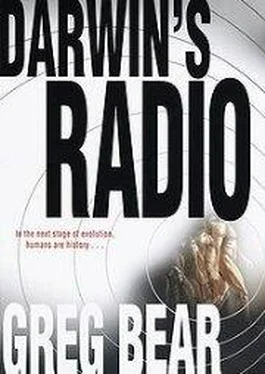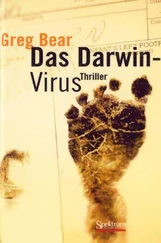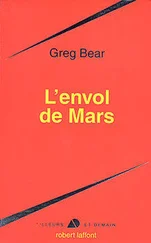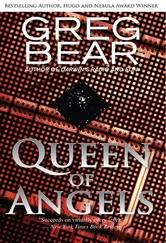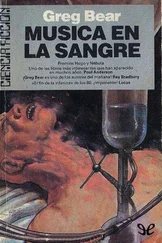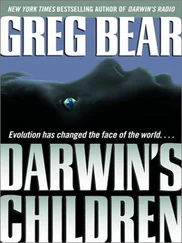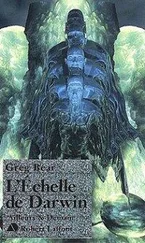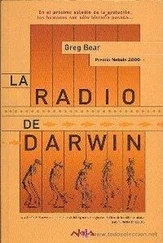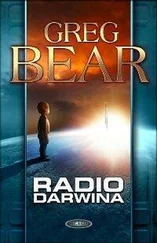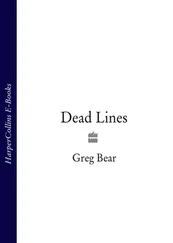“Sorry,” she said. “It is so marvelous that you’re here. You restore me. This afternoon — I have never felt so lost…not since Saul was gone.”
“I don’t think Saul ever knew what he had, with you,” Mitch said.
Kaye let this lie between them for a moment, to see if she quite understood what it meant. “No,” she said finally. “He wasn’t capable of knowing.”
“I know who and what you are,” Mitch said.
“Do you?”
“Not yet,” he confessed, and smiled. “But I’d like to try.”
“Listen to us,” Kaye said. “Tell me what you did today.”
“I went to the YMCA and cleared out my locker. I took a cab back here and lounged around like a gigolo.”
“I mean it,” Kaye said, gripping his hand tighter.
“I made some phone calls. I’m going to take a train to New York tomorrow to meet with Merton and our mysterious stranger from Austria. We’re getting together at a place that Merton describes as a ‘wonderful, thoroughly corrupting old mansion upstate.’Then I’ll take the train to Albany for my interview at SUNY.”
“Why a mansion?”
“I have no idea,” Mitch said.
“You’re coming back?”
“If you want me to.”
“Oh, I want you to. You don’t need to worry about that,” Kaye said. “We’re not going to have much time to think, much less worry.”
“Wartime romance is the sweetest,” Mitch said.
“Tomorrow is going to be much worse,” Kaye said. “Jackson is going to make a stink.”
“Let him,” Mitch said. “In the long run, I don’t think anybody is going to be able to stop this. Slow it down, maybe, but not stop it.”
Dicken stood on the Capitol steps. It was a warm evening, but he could not help but feel a little cold, listening to a sound like the sea, broken by waves of echoing voices. He had never felt so isolated, so distant, as he did now, staring out over what must have been fifty thousand human beings, stretching from the Capitol to the Washington Monument and beyond. The fluid mass pushed against the barricades along the bottom of the steps, streamed around the tent pavilions and speakers’ stands, listened intently to a dozen different speeches being delivered, milling slowly like stirred soup in a huge tureen. He caught bits and pieces of breeze-tattered speeches, incomplete but suggestive: bits of raw language charging the mass.
Dicken had spent his life hunting down and trying to understand the diseases that affected these people, acting as if in some way he were invulnerable. Because of skill and a little luck he had never caught anything but a bout of dengue fever, bad enough but not fatal. He had always thought of himself as separate, a little superior perhaps but infinitely sympathetic. The self-delusion of an educated and intellectually isolated fool.
He understood better now. The mass called the shots. If the mass could not understand, then nothing he did, or Augustine did, or the Taskforce, would much matter. And the mass quite clearly understood nothing. The voices drifting his direction spoke of outrage at a government that would slaughter children, voices angrily denouncing “morning-after genocide.”
He had thought about calling Kaye Lang earlier, to regain his composure, his sense of balance, but he hadn’t. That was done with, finished in a very real way.
Dicken descended the steps, passing news crews, cameras, clumps of office workers, men in blue and brown suits and dark glasses and wearing microphones in their ears. The police and National Guard troops were determined to keep people away from the Capitol, but did not prevent individuals from joining the crowd.
He had already seen a few senators descend in a tight-packed group and join the mass. They must have sensed they could not be separate, superior, not now. They belonged with their people. He had thought them both opportunistic and courageous.
Dicken climbed over the barricades and pushed into the crowd. It was time to catch this fever and understand the symptoms. He had looked deep inside himself and did not like what he saw. Better to be one of the troops on the front line, part of the mass, ingest its words and smells, and come back infected so that he could in turn be analyzed, understood, made useful again.
That would be a kind of conversion. An end to the pain of separation. And if the mass should kill him, maybe that was what he deserved for his previous aloofness and his failures.
Younger women in the crowd wore colored masks. All the men wore white or black masks. Many wore gloves. More than just a few men wore tight-fitting black jumpers with industrial fume masks, so-called “filter” suits, guaranteed by various enterprising merchants to prevent the shedding of “devil virus.”
People in the crowd at this end of the mall were laughing, half listening to a speaker under the nearest pavilion — a civil rights leader from Philadelphia sounding out in deep, rich tones, like caramel. The speaker talked of leadership and responsibility, what the government should do to control this plague, and possibly, just possibly, where the plague had arisen, inside the secret bowels of the government itself.
“Some cry out it has its birth in Africa, but we are sick, not Africa. Others cry out it is the devil’s disease that strikes us, that it is foretold, to punish—”
Dicken moved on until he came under the more frantic voice of a television evangelist. The evangelist was brightly illuminated, a large and sweating man with a square head wearing a straining black business suit. He pointed and danced around his stage, exhorting the crowd to pray for guidance, to look deep inside.
Dicken thought of his grandmother, who had liked this sort of thing. He moved on again.
It was getting dark, and he could sense a growing tension in the crowd. Somewhere, out of earshot, something had happened, something had been said. The dark triggered a change of mood. Lights turned on around the mall, casting the crowd in etched and lurid orange. He looked up and saw helicopters at a respectful altitude, buzzing like insects. For a moment, he wondered if they were all going to be tear-gassed, shot, but the disruption was not from the soldiers, the police, the helicopters.
The impulse came in a wave.
He experienced an expectant hunger, felt its advancing tide, hoped whatever was disturbing the crowd would reveal something to him. But it was not really news at all. It was simply a propulsion, first this way, then that, and he walked with the tight-packed crowd ten feet north, ten feet south, as if caught in a bizarre dance step.
Dicken’s survival instincts now told him it was time to cut the personal angst, cut the psychological crap and get out of the flow. From a speaker nearby, he heard a voice of caution. From the man next to him, dressed in a filter suit, he heard, muffled through the filters, “It’s not just one disease now. It’s on the news. There’s a new plague.”
A middle-aged woman in a flower print dress carried a small Walkman TV She held it out for those around her, showing a tiny framed head speaking in tinny tones. Dicken could not hear these words.
He worked toward the edge, slowly and politely, as if wading through nitroglycerin. His shirt and light jacket were soaked with sweat. A few scattered others, born observers, like him, sensed the change, and their eyes flashed. The crowd smothered in its own confusion. The night was deep and humid, and stars could not be seen, and the orange lights along the mall and around the tents and platforms made everything look bitter.
Dicken stood near the Capitol steps again, within twenty or thirty people of the barricades, where he had stood an hour before. Mounted police, men and women on beautiful brown horses now rich amber in the unreal light, moved back and forth along the perimeter, dozens of them, more than he had ever seen before. The National Guard troops had pulled back, forming a line, but not a dense line. They were not ready. They did not expect trouble; they had no helmets or shields.
Читать дальше
Конец ознакомительного отрывка
Купить книгу
